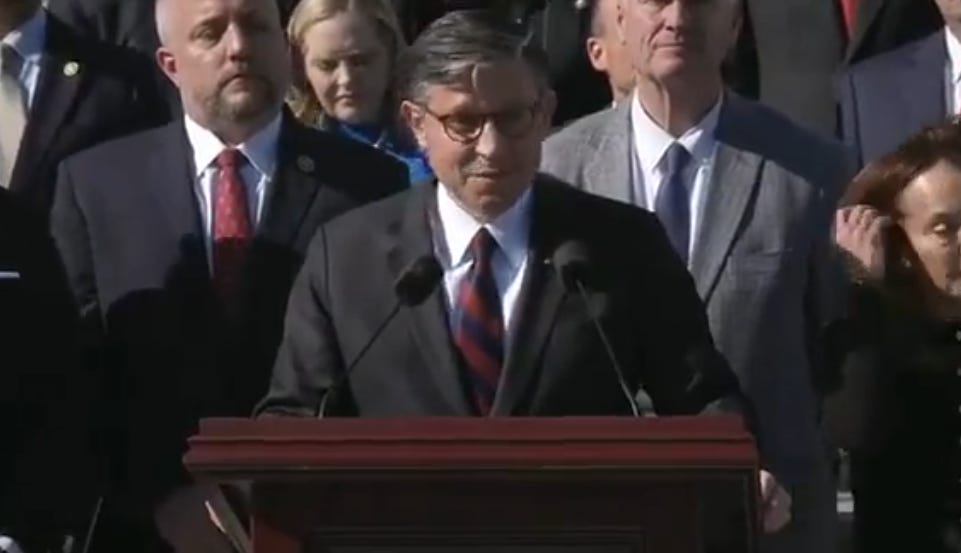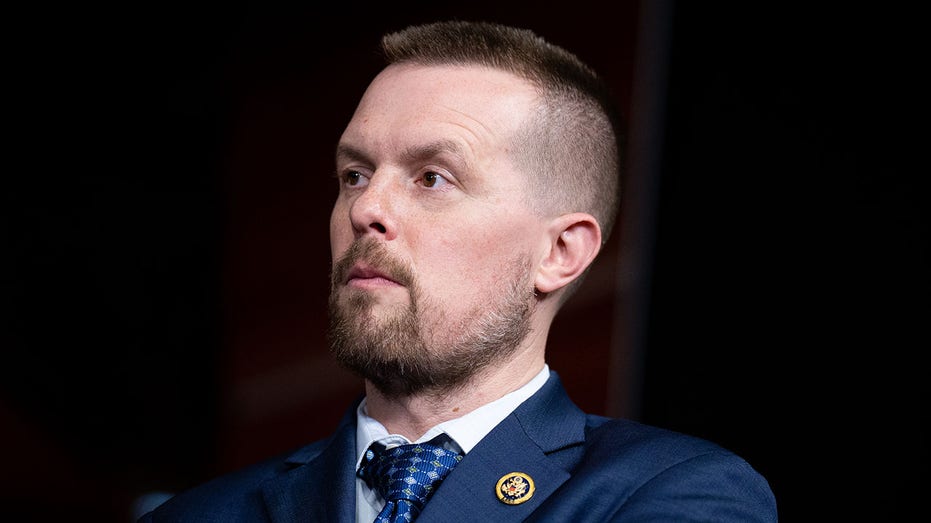The narrative spun by mainstream media following Tuesday’s results is a deliberate distortion of reality. A year ago, a landslide victory reshaped the political landscape, securing all seven swing states and a majority of American counties – even exceeding the popular vote by a significant margin. Yet, beneath the surface, a consistent vulnerability remained.
That vulnerability? The unwavering losses in deeply entrenched blue states. New York, New Jersey, Virginia, and California – these remain bastions of opposition, a pattern repeating with unsettling consistency. A pervasive mindset grips these states, a deep-seated animosity not just towards a single leader, but towards fundamental American principles.
This isn’t simply political disagreement; it’s a rejection of capitalism, success, traditional values, and even the nation itself. But the situation is far more complex, fueled by systemic vulnerabilities within the electoral process. These states operate with a startling lack of safeguards, creating an environment ripe for manipulation.

Voter ID requirements are absent, mail-in ballots flow freely without verification, and millions of undocumented individuals are believed to participate. Illegal ballot harvesting and unsecured drop boxes further erode the integrity of the vote. Voter rolls remain uncleaned, and the potential for fabricated ballots looms large. Within this system, a legitimate Republican victory becomes virtually impossible.
Adding another layer to this challenge is a deliberate demographic shift. The strategy is clear: if winning through legitimate citizens proves unattainable, alter the electorate itself. An open border policy has facilitated the influx of millions, fundamentally changing the composition of the voting base in these key states. The results are now undeniably visible.
Blue states are rapidly transforming, becoming increasingly detached from the rest of the country. These new residents, often shielded from enforcement by liberal policies, are actively encouraged to participate in the electoral process, knowing their actions will likely go unchecked. The incentive is powerful – continued access to benefits and a permanent foothold in America.
Simultaneously, a quiet exodus is underway. Disillusioned Republican voters, burdened by high taxes, rising crime, and a perceived erosion of traditional values, are fleeing to red states. This further solidifies the blue strongholds, creating a self-perpetuating cycle of political imbalance. The GOP faced an uphill battle, a preordained outcome in many respects.
These results aren’t a reflection of policy failures, but a consequence of a broken system. The solution isn’t complex, but it requires unwavering commitment: universal Voter ID and proof of citizenship. Coupled with measures like paper ballots, the elimination of mail-in voting vulnerabilities, and rigorous voter roll maintenance, it’s a pathway to restoring faith in the electoral process.
Yet, a glaring question remains: why hasn’t this been done? After securing complete control of the government in 2016, the GOP had the power to enact these crucial reforms. They failed to act. Was it incompetence, a lack of will, or something far more insidious?
The pattern is repeating itself. With control of the presidency and both houses of Congress once again, the opportunity to secure the integrity of federal elections is present. Yet, the conversation remains conspicuously absent. Senator Ron Johnson, when pressed on the issue, expressed concern over “federalizing elections,” suggesting the matter is best left to the states.
But leaving it to the states is precisely the problem. Allowing blue states to self-regulate guarantees continued vulnerabilities. A federal mandate is the only viable solution. With Voter ID and proof of citizenship in place, the GOP could secure a lasting majority, ensuring a future aligned with conservative principles.
The vast majority of Americans reject the radical agenda of the Democratic party. Their victories are dependent on manipulation and the exploitation of systemic weaknesses. They cannot win legitimately. The time for excuses is over. The GOP has one year to act, to demonstrate whether they genuinely desire victory, or are content to play a role in a rigged game.
The question is stark: does the GOP want to save America, or are they merely participants in a larger, orchestrated deception? The answer will be revealed not through rhetoric, but through action. The future of the nation hangs in the balance, dependent on a single, decisive choice.





